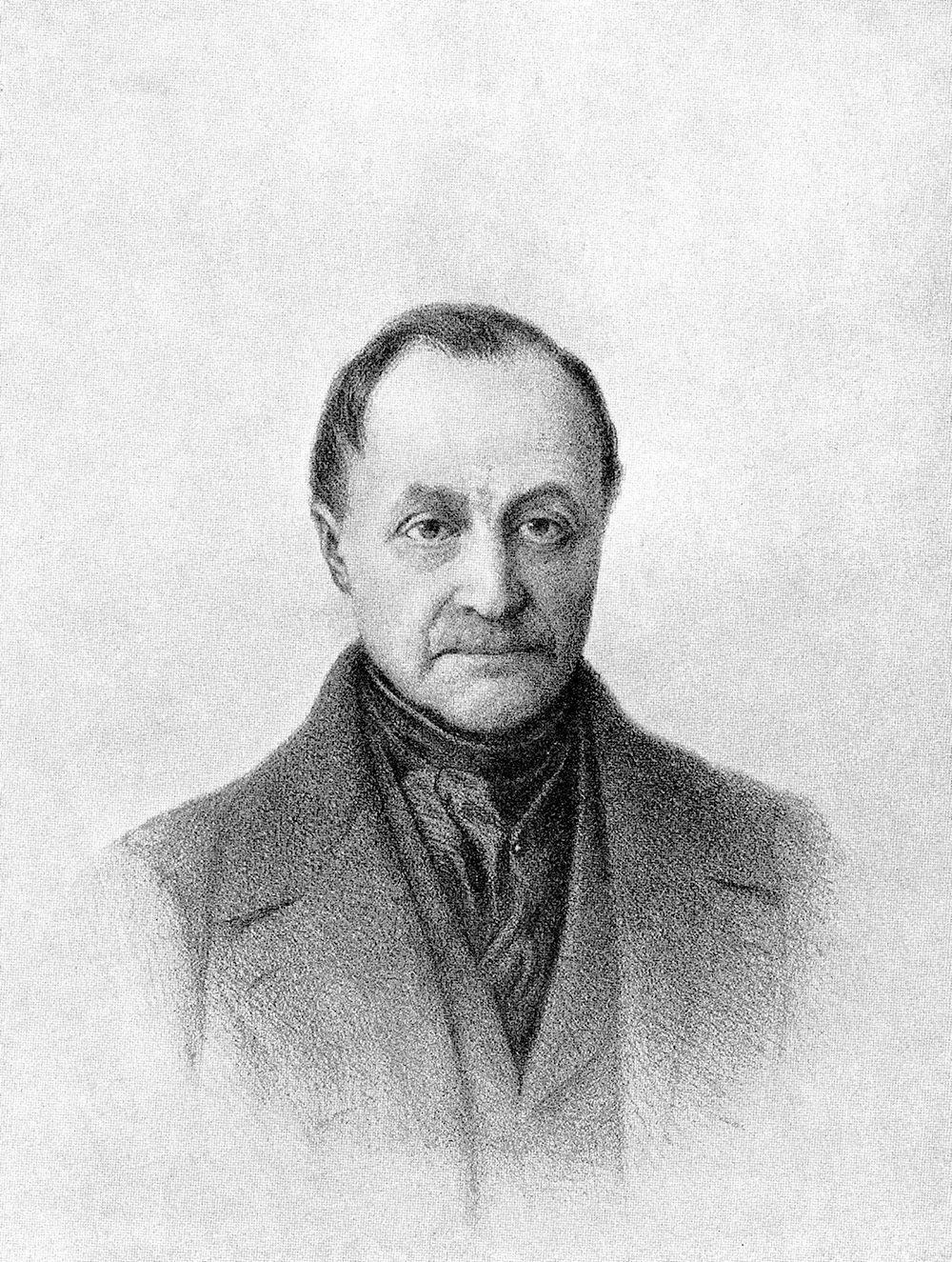
A hundred years ago, T.S. Eliot wrote to Geoffrey Faber, for whose publishing company he had just started work, complaining: ‘The Defence of the West… is a subject about which everyone thinks he has something to say.’ Plus ça change? Back then, people were coming to terms with a war that had shown the West to be neither as unified nor as civilised as had been assumed. A century on, American isolationism, demographic decline, mass immigration, Islamism and a slow but decisive shift in global economic gravity are giving commentators the opportunity to bloviate endlessly about the decline/suicide/end/decay/of the West.
But what exactly it is that we are defending or lamenting is far from clear. Georgios Varouxakis’s The West attempts to answer that question. It is a seriously impressive piece of intellectual history. The author sets out neither to praise nor bury the West, though he is conscious that many fall into those camps. In the first, the West is ‘Plato to Nato’, a mighty civilisational river from which we can pluck almost any good thing. According to the second, the West only emerged as a concept at the end of the 19th century, primarily to serve the needs of aggressive imperialism. For the first crowd, criticism of the West amounts to a kind of heresy; for the second, the West either doesn’t really exist at all, being merely an amalgam of external influences, or is tainted by the original sin of racism and therefore best ignored altogether. Varouxakis shows that both of these intellectual lineages are inadequate.
While east and west have existed as geographical markers from antiquity, and the division between the (Orthodox) eastern and (Latin) western churches goes back a millennium, there was no real idea of ‘the West’ as we know it before the early 19th century. According to Varouxakis, it was Auguste Comte, surely the man with the greatest claim to being the most influential philosopher no one today has read, who developed the new term.
Comte was an endlessly creative and obsessive thinker and systematiser, and in his drive to elevate human history on to a scientific or ‘positive’ path, he elaborated on the idea of the West ‘both as a supranational cultural identity and as a proposed political entity, based on civilisational commonality and shared historical antecedents’. Comte’s West was a kind of secularised Christianity (like so much else in his writing), a vehicle for spreading progress and altruism (another coinage) to the world, encompassing the nations of western Europe and their ‘descendants’ in the Americas and Australasia. In an age in which the Greek War of Independence, and then the growing presence of Russia within European politics, caused much soul-searching, it was a fruitful new concept and one that Varouxakis points out was non- or even anti-imperialistic in as far as it drew loyalties away from expanding national empires.
There was much debate about how far Germany, having dragged Europe into war, was really western at all
The road from Comte was not straightforward. America became more comfortable with a shared western identity in the latter half of the 19th century, but it was only its late intervention in the first world war that sealed the deal. Around the same time, there was much debate about how far Germany, having dragged Europe into war and being suspiciously interested in eastern matters, was really western at all. Russia became part of the West momentarily in and after the second world war, before it reverted to being the anti-West entity it had long been. Japan twice – in the late-19th and mid-20th centuries – revised the familiar geographic picture with its eager adoption of western ideas.
Varouxakis’s erudition is impressive and broad. The book is divided into ten chapters and nearly 100 subsections, most of which cover a different thinker. Everyone you’d expect is there – W.E.B. Du Bois, Arnold Toynbee, Simone Weil, Samuel Huntington, Jürgen Habermas – but the book will introduce even the best-informed reader to new thinkers (Francis Lieber, Cornelius Castoriadis and Heinrich Winkler were all new to me). The result can sometimes feel like you are missing the wood for the trees; but Varouxakis’s regular and clear summaries aid navigation and narrative.
Ultimately, his conclusions are judicious. While attempts to give the West an essence, ‘an inherent and unchanging definition, nature or character’ are misplaced, those that dismiss the idea altogether are equally naive. Cultures and civilisations, the West no less than others, are real and significant, and merit both study and sometimes even admiration.
But we need to remember also that they’re slippery and subjective, vulnerable to the winds of the moment. As the American critic Joseph Krutsch remarked during the same debate that prompted Eliot’s comments to Faber: ‘In all such discussions, the truly “western” is likely to be merely what one happens to like.’









Comments